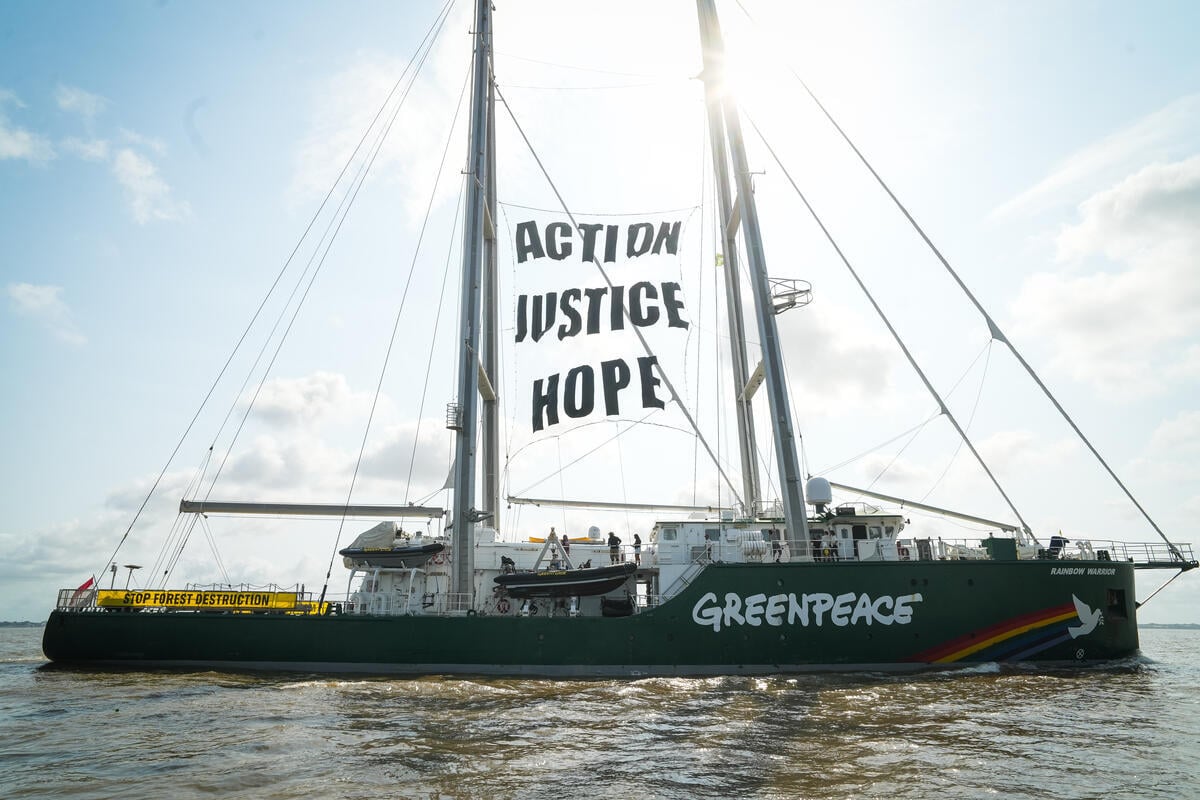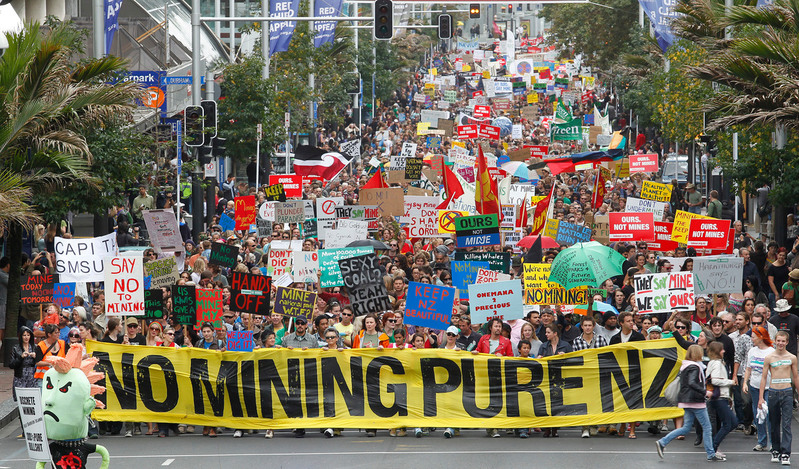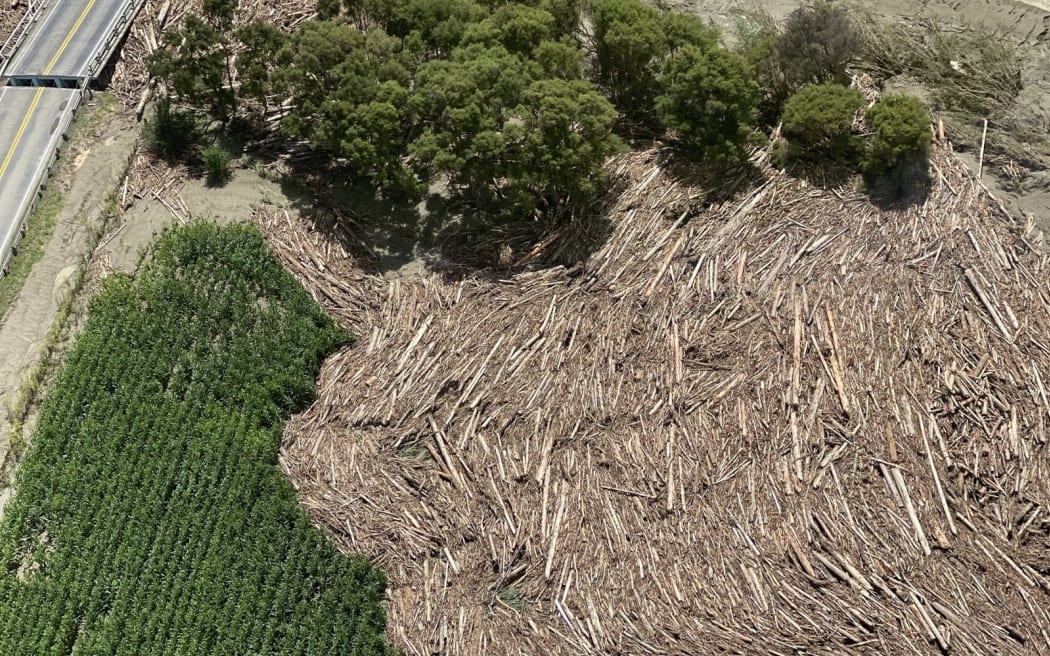On election night we had a few neighbours over. We drank craft beer and enjoyed the spectacle. One of them, a teacher, the son of a Dutch house painter. His father a very hard-working self-made man, classic National voter. Has done ever since he arrived here.
“Would you believe it,” our neighbour said to us. “Dad voted Green for the first time. And told me.”
Jacinda knows it, Winston felt the brunt of it, Judith ignored it at her peril.
It seems New Zealand has undergone a small but distinct colour change, moving towards a deeper shade of green. Ten Green seats in Parliament don’t tell the full story.
Much of that “red mist”, as Paddy Gower called it, has a slightly Kermit tinge.
I suspect Covid played a part in this greening effect. It has given us a new appreciation of how a global crisis (like climate change and biodiversity loss) can so quickly hit home.
Look at New Plymouth, the heart of the oil and gas industry. Jacinda Ardern personally announced an end to new offshore exploration licences – they returned a Labour MP, overturning two previous elections of big National majorities.
Look at some of the rural heartland seats Tukituki, Wairarapa, Rangitata, Waikato turned from blue to red. Te Wai Ponamu, the South Island, going even further left than the north.
This against a backdrop of conservative farming lobby groups in those constituencies staging tractor protests against Government freshwater reforms.
Yes, some of that is undoubtedly the magical Jacinda fairy dust, the Covid management effect but that cannot account for the full force of this landslide.
Yes New Zealand’s tilted left, slightly, but it’s also moved inexorably in favour of nature.
I think of my own 85-year-old mother and extremely conservative upbringing in deepest whitest Fendalton, Christchurch, always voted blue. Before she passed away, she let the Greens put up a hoarding on her front fence, a very strategic spot in Mt Pleasant. There for everyone to see. That’s who would have got her party vote.
I suspect Covid played a part in this greening effect. It has given us a new appreciation of how a global crisis (like climate change and biodiversity loss) can so quickly hit home.
It’s made us realise how critical our evolving relationship is with this thing we call the environment. Fully illuminated by the way humanity’s accelerating encroachment on wilderness is bringing our food into contact with new zoonoses (animal diseases that cross into humans), the way it did in Wuhan.
Setting aside those internet memes about Covid bringing us canals full of dolphins, deer on city streets and clear skies above industrialised cities, the pandemic has made us think more about how fundamental the environment is to our lives. The idea that we humans are part of nature doesn’t seem so niche anymore.
We got some indication of this before the election, polls that show that 79 percent of New Zealanders are concerned about climate change and seven out of 10 want a transformative green recovery out of Covid-19.
It’s easy enough to espouse these values when someone rings you up at teatime and you want to get them off the phone, but it seems people are also putting their money where their mouths are.
The Financial Times reported last month that investments in Exchange Traded Funds that emphasise what they call “good environmental social and governance factors” (ESG’s) are “surging in popularity.”
One of the reasons quoted is that the pandemic has put a spotlight on the need to improve issues such as income inequality, diversity and climate
In 2018 US$11.6 trillion of all professionally managed assets – one $1 of every $4 invested there – were under ESG strategies
In the same year funds in sustainable investment in New Zealand reached $180 billion, growing 40 per cent increase over the previous 12 months. An Auckland investment manager reported this was the fastest growing part of the business.
Back to election night, not only do the Greens get nearly eight per cent, Chloe Swarbrick narrowly wins Auckland central, a constituency with arguably the best glimpse of what the demographic makeup of a future NZ might look like.
I clock the point at which Jacinda Ardern in her acceptance speech starts quoting Greenpeace about “building back better” from Covid (hey that’s our phrase I shout) – a Green recovery with the Government spending its billions on creating jobs in infrastructure like solar, wind power, clean transport.
Even if it’s just a verbal undertaking, that’s quite a turnaround.
Labour could, if it wanted, bring the green transformation on its own. It’s got the political capital and the social mandate. Womandate. Persondate. Labour might in fact out-green the Greens.
For the last three years, Labour and the Greens (even taking into account the self-styled handbrake effect of Winston Peters) have been tiptoeing towards climate solutions, hedging their bets sneaking up to genuine transformational change then scuttling back to consensus politics.
Evidenced by the Government asking the country’s biggest climate polluters (agribusiness) how they would like to deal with their pollution, and then only committing to bringing them into the Emissions Trading Scheme years later, if (or when) they fail to deliver.
Speaking to Newsroom, even former National Prime Minister, Jim Bolger, a farmer from Taranaki, described the previous coalition government as “timid on green responses”.
After the landslide comes the rebuild of the new Government.
Jacinda Ardern is staying schtum on Labour’s camping buddies. She may or may not decide to bring the Greens inside her magnificently sized tent, she may also lift a flap for the Māori party, which ran on a strong environmental platform.
She could definitely rely on both of them to help apply the green accelerator. And possibly blame them if anything went wrong.
That said, Labour could, if it wanted, bring the green transformation on its own. It’s got the political capital and the social mandate. Womandate. Persondate.
Labour might in fact out-green the Greens.
Covid has proven Labour has the guts to act boldly. Look at the massive public purse-opening exercise to stimulate the economy.
Whatever the machinations, whoever’s bums are on the benches, we desperately need this next Government to be similarly expansive and ambitious when it comes to protecting us from storms, wildfires, drought and population displacement, and the wanton destruction of the natural world.
Transformative environmental change needs to start right now.
We “went hard and went early” on Covid. Well we’ve missed the early boat for climate and biodiversity. So let’s just go hard. Or there’ll be no home to go to.




